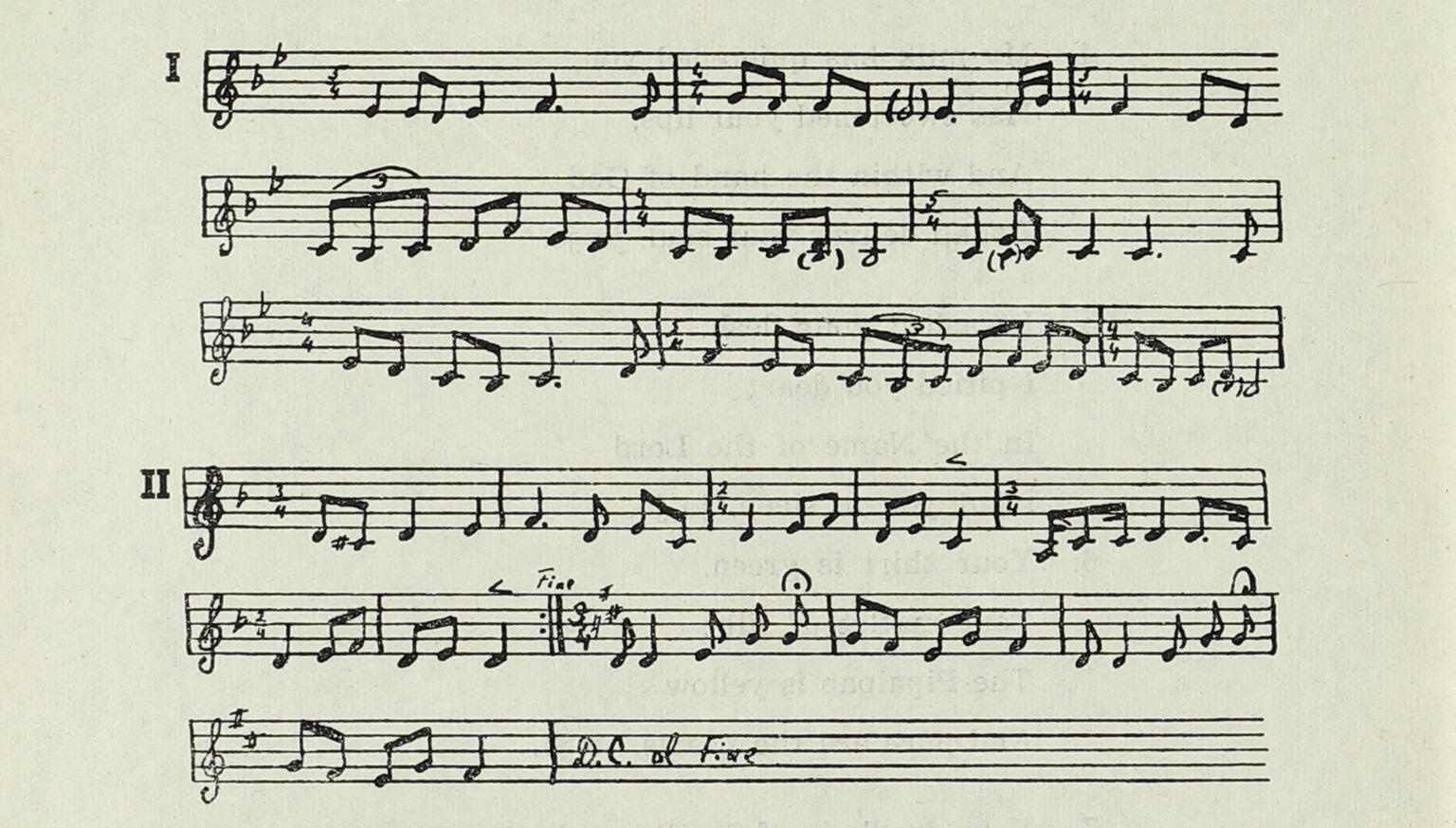History of the Bene Israel of India: Natal Ritual
Chapter IV. The Present Social Condition of the Bene-Israel
On the morning of the twelfth day, the child is bathed and laid in a cradle with the repetition of the word Beshem Adonai that is, “in the name of God”; one or two songs are then sung to lull the child to sleep, and at other times a pretty lullaby is always repeated while it is being rocked to sleep.* But on the first occasion when the child is being put into the cradle, a coconut or two are broken and their water is sprinkled on all sides, and the coconut Kernals and sugar are handed round to the children of the house. [ . . . ]
In the morning of the fortieth day after a boy’s birth or the eightieth3 day after a girl’s, a woman lately confined is being purified. A barber is sent for in the afternoon of this day, and the head of the child is shaved, as the Bene-Israel women regard it improper to allow the hair, which the child had while in the womb, to grow on after its birth. Some elderly person takes it on his or her lap and a new hand-kerchief is spread below its head, so that its hair may fall upon the kerchief while it is being shaved off. The hand-kerchief with the hair in it is presented after the shaving is over to the barber who receives a seer of rice and a coconut as ration, and four or eight Annas in addition.4
Notes
The author probably refers to the following popular Lullaby which I saw reproduced in a collection of Hebrew Smiroth. The tune was given to me by Mrs. Simon, a Bene-Israel lady of Bombay. [This note appears in the 1937 edition of the book by Kehimkar, edited by Immanuel Olsvanger.—Eds.]
In the 2nd verse the Bene-Israel see an allusion to Moses [note appears in the 1937 edition, edited by Olsvanger.—Eds.].
The last stanza implies a father’s wish that the child will remain alive, since it is forbidden by Indian custom for a widow to wear flowers [note appears in the 1937 edition—Eds.].
Leviticus XII:1–5.
[An anna was worth 1/16 of an Indian rupee.—Eds.]
Credits
Haeem Samuel Kehimkar, from The History of the Bene Israel of India, ed. Immanuel Olsvanger (Tel Aviv: Dayag Press, 1937), pp. 120–22. Used with approval from Immanuel Olsvanger’s family.
Published in: The Posen Library of Jewish Culture and Civilization, vol. 7.





